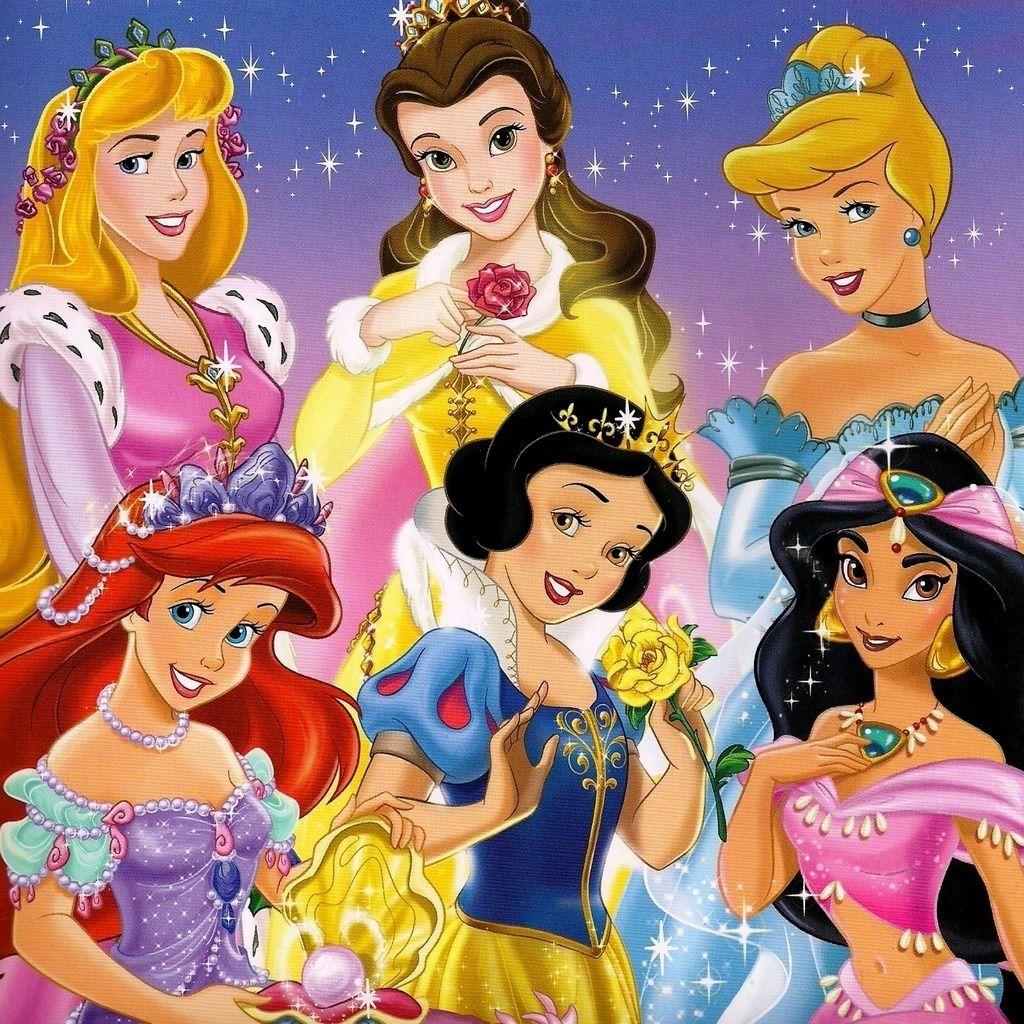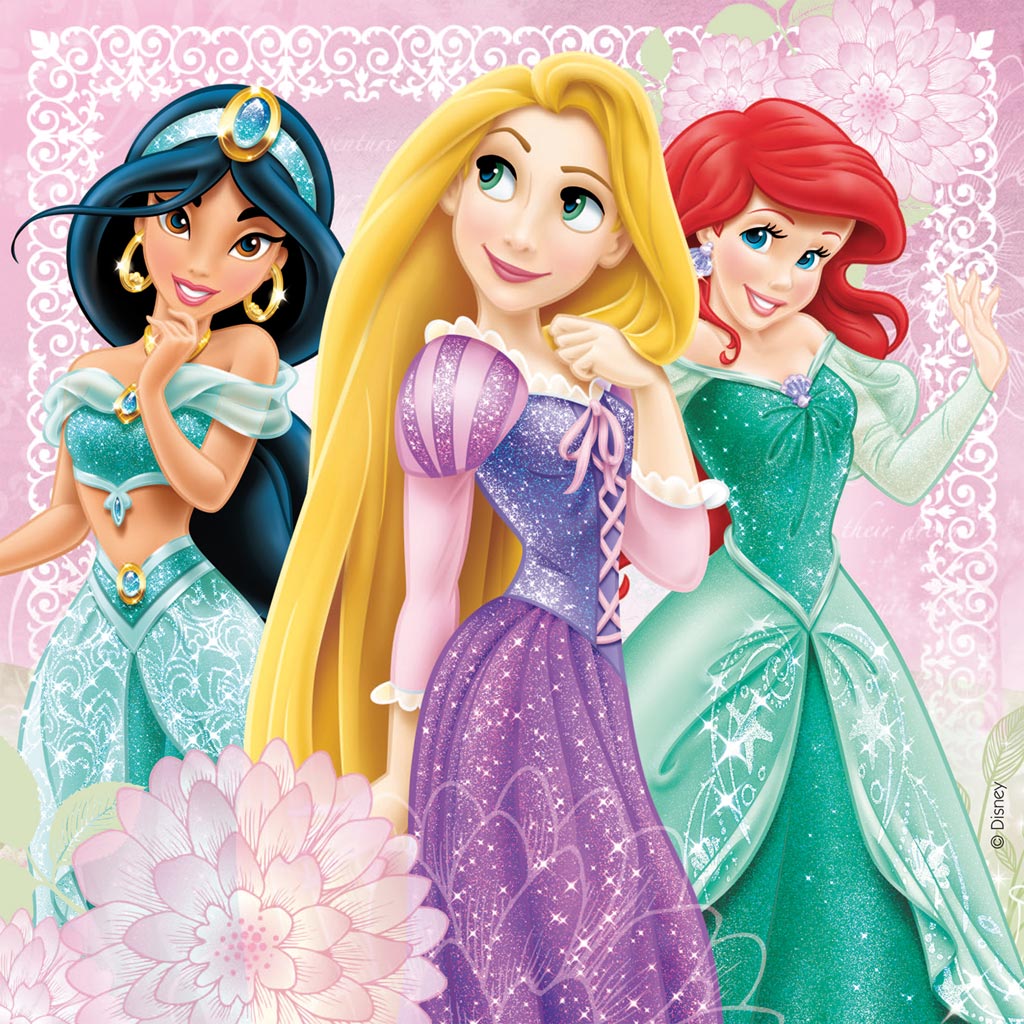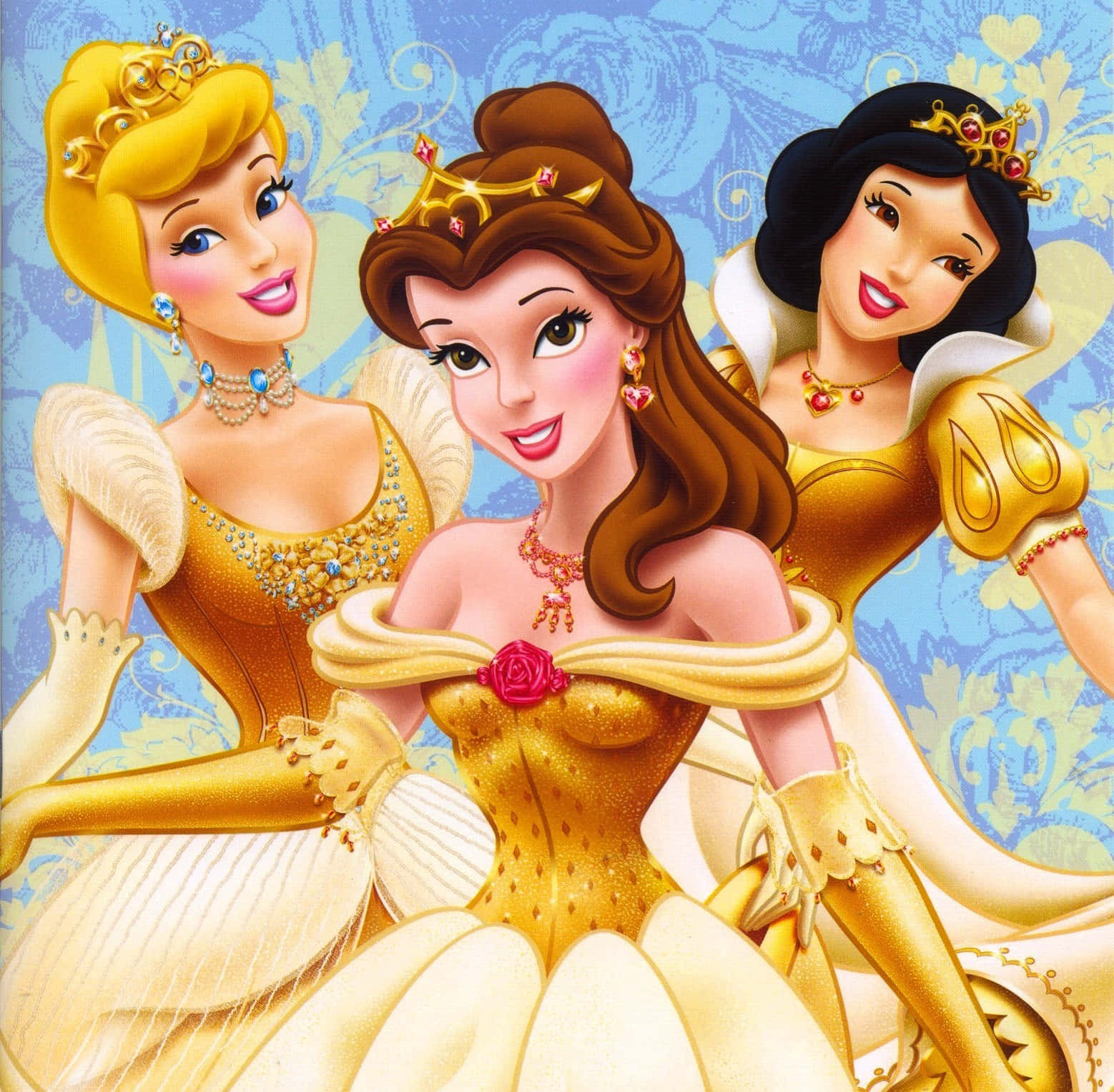It's interesting, isn't it, how certain groups of words just grab our attention? We see them pop up, and a little spark of curiosity gets going. Sometimes, it's about a person, other times it's about an idea, or maybe even a piece of news. The way we put words together, you know, can really make us wonder what's behind them. We might feel drawn to figure out what a particular phrase means, or what it might bring to mind for different folks.
So, when a phrase like "princess iggy nude" appears, it naturally makes you think about a few things. It makes us consider the individual parts of the phrase, and then how those parts work together to create a picture in our heads. We might think about what a 'princess' is supposed to be, or perhaps what 'Iggy' might represent, and then, of course, the impact of the final word. It's almost like taking apart a puzzle to see how all the pieces fit, and what kind of bigger image they form.
This exploration isn't about the specific content of the phrase itself, but more about the words we use and how they shape our world, you know? We're going to look at the building blocks of language, how titles come about, and what happens when words change their usual jobs. We'll even consider some of the ways we talk about public figures, and how language, in a way, helps us make sense of it all.
Table of Contents
- Exploring a Figure - What Might "Princess Iggy" Mean?
- What's in a Name - Unpacking "Princess Iggy Nude"?
- How Do Words Shape Our Thoughts on "Princess Iggy Nude"?
- The Way We Talk - Is There a "Princess Iggy Nude" Standard?
- What Makes a Story Stick - The Narrative Around "Princess Iggy Nude"?
Exploring a Figure - What Might "Princess Iggy" Mean?
When we think about someone called a "princess," our minds usually go to a certain kind of image, don't they? It brings up ideas of royalty, or perhaps someone who is a bit special, like a character from a story. We might think of someone like Princess Leia, who had a big part in a space adventure, or even Princess Alice of Athlone, who was a real person with a family connection to important events, such as helping with the coronation in 1953. These names, you know, carry a certain weight, a certain feeling of importance or even a bit of fantasy.
The word "milady," for example, which came into use around 1778 from French, shows us how titles for women of standing have changed over time. It was a way of addressing or speaking about an English lady, and it tells us that how we refer to people with a certain position really matters. It's not just a word; it's a piece of how we understand their place. So, when we see "princess" attached to a name, it sort of sets up an expectation, doesn't it? It's like saying this person holds a particular kind of status, whether in a made-up story or in real life.
Now, if we were to imagine a "Princess Iggy," we might wonder what sort of person this would be. Would she be someone from a tale, or perhaps a figure who really exists? The name "Iggy" itself is a bit different, isn't it? It's not a common royal name, which makes the combination quite intriguing. We can think about how some names, like "lil'," are short forms of other words, like "little," or how "mister" can be a part of someone's style or a complete style when it's linked to a position. These little bits of language tell us a lot about how we label people and the roles they play.
So, if we were to create a kind of snapshot for a figure known as "Princess Iggy," based on how we understand titles and names, it might look something like this. This table is just a way of thinking about how we categorize public figures, even if the information comes from a broad understanding of language and roles, you know.
| Aspect | Possible Interpretation (based on linguistic patterns) |
| Designation | A title that suggests a specific, perhaps elevated, role. The word "designate" can be used as a noun, pointing to a chosen person or thing. |
| Associated Titles | 'Princess' - a term with historical and fictional weight, similar to 'milady' in its use for addressing or speaking of a notable woman. |
| Personal Identifier | 'Iggy' - a unique name that, like 'lil'' or 'mister', helps to distinguish an individual. |
| Public Role | A figure who might be perceived in a certain way, perhaps like a "little princess" in a story, or someone who is seen as having a particular status. |
| Context of Reference | How this figure is spoken about, perhaps similar to how parents taught their children to refer to Princess Alice of Athlone, showing respect or familiarity. |
This approach helps us consider the framework around how we talk about individuals, especially those with public-facing roles, and how the words we use really shape that picture. It's quite a fascinating area, when you think about it.
What's in a Name - Unpacking "Princess Iggy Nude"?
When we look at a phrase, it's often helpful to break it down, isn't it? Like, what does each part bring to the table? With "princess iggy nude," we have three distinct parts, and each one, in a way, carries its own set of ideas. We're going to explore what these parts typically mean, and how they might contribute to the overall feeling of the phrase, just a little.
The 'Princess' Part - A Look at Titles and Their Meanings
The word "princess" is a very old one, and it brings with it a lot of history and stories. It often makes us think of royalty, or perhaps someone who is seen as very special and cared for. You know, like when someone says a girl dressed herself up as though she were a "little princess," or she wishes she were one. It's about a certain kind of ideal, isn't it? This word carries a sense of grace, or sometimes, a sense of being protected and even a bit innocent.
We can see how titles work from other examples, too. The word "milady," for instance, which came into being in 1778, was a way of showing respect or acknowledging someone's position. It was used when talking to or about an English lady. So, "princess" also acts as a title, and titles, basically, tell us something about a person's standing or their place in a group. They help us understand who we are talking about, and what kind of role they might play, whether it's in a real-life setting or a made-up one.
Even in stories, a princess often has a particular role, doesn't she? Think about Princess Leia, for example. Before a big event, she was told, "I'd like you to join me for a ceremony that will make this battle station operational." This shows how a princess can be involved in very serious matters, even if she is also a figure of a certain status. So, the word "princess" can mean many things, from someone gentle and delicate to someone with a lot of power and influence. It really depends on the story, you know.
The 'Iggy' Element - Thinking About Personal Identifiers
Then we have "Iggy." This part of the phrase is a name, and names are very personal, aren't they? They help us tell one person from another. Sometimes, names are short forms, like "lil'" for "little," which Wikipedia says is a kind of prefix. Or, you might have a name like "mister," which can be a portion of a style or a complete style when it's tied to a certain position. These examples show us how names and titles work together to give someone an identity.
"Iggy" itself isn't a common name for a princess in traditional stories, which makes it stand out. It adds a bit of an unexpected twist to the "princess" part. This combination, you know, makes us wonder if "Princess Iggy" is a real person, a character, or perhaps something else entirely. It's like when you hear a singer at a James Brown tribute concert say "get up offa that" – it's a unique way of speaking, and it catches your ear. Similarly, "Iggy" in this context makes the phrase quite unique.
The way names are used can also tell us about how people relate to each other. For instance, if someone orders another person about "as if I were his wife," even if they aren't, it shows a certain kind of dynamic. Names, and how we use them, really shape how we see relationships and roles. So, "Iggy" here is more than just a sound; it's a personal tag that helps us distinguish this particular "princess."
How Do Words Shape Our Thoughts on "Princess Iggy Nude"?
Words are fascinating, aren't they? They can change their jobs depending on how we use them. A word that's usually a verb might suddenly act like a noun, and that can really change the meaning of a sentence. This flexibility in language, you know, is a big part of how we communicate, and it definitely shapes how we understand phrases that might seem a bit unusual at first glance, like "princess iggy nude."
When Words Take on Different Roles
Consider the word "designate," for example. It's usually something you do, like "to designate a spot." But, as our notes say, it can also be used as a noun, meaning "a chosen person or thing." In that case, it's not describing an action; it's describing something concrete. This kind of shift is pretty common in English. It's like how "mister" can be a part of a style or a complete style depending on how it's used with a position.
This idea of words taking on different roles is really important when we look at phrases that might seem a bit challenging. The final word in "princess iggy nude," for instance, is typically an adjective, describing a state. But in certain contexts, words can be used in ways that go beyond their most common dictionary definitions. They can imply things, or bring up certain feelings, or even suggest a particular kind of situation. It's not about the word itself being complicated, but how it's put together with other words, you know.
So, when we see words combined in a new way, it makes us think about the different ways they can be interpreted. It's a bit like trying to tell a story where you were stuck forcing the beginning into the past, yet allowing the rest to be in the present, using historical present tense. The meaning comes from the whole picture, not just each individual piece standing alone. The context, basically, changes everything.
The Way We Talk - Is There a "Princess Iggy Nude" Standard?
The way we put sentences together, and how we use words, has a lot of rules, doesn't it? Sometimes these rules are pretty clear, and other times, they're a bit more flexible. When we come across a phrase that's a bit out of the ordinary, we might wonder if it follows the usual patterns of language. It's like asking if there's a proper way to say something, or if it's grammatically correct, you know.
Rules of Language - What We Learn from "Ess" Endings and Other Patterns
One interesting thing about English is how we form plurals, especially for words that end in "ess." Our notes point out that we wouldn't say "princesseez" for Disney princesses, or "adresseez" for home addresses. This shows that there's a standard way we expect words to change when they become plural. It's a small detail, but it helps keep our language consistent and easy to understand.
This idea of "grammatical correctness" can sometimes be hard to explain to people, can't it? Like, how do you make someone understand why a certain phrase just doesn't sound right? Our notes give an idea for this, suggesting that sometimes it's about the general patterns we follow. It's not about being overly strict, but more about having a common ground for how we use words so we can all get what's being said.
So, when we look at a phrase like "princess iggy nude," we might consider if it fits into typical grammatical structures. Is it a noun phrase? Is it a description? The way words are arranged really affects how we process them. It's about how the pieces fit together to make sense, or sometimes, to make us pause and think a bit more deeply about what's being communicated. It's very much about the accepted norms of how we express ourselves.
What Makes a Story Stick - The Narrative Around "Princess Iggy Nude"?
Stories are powerful, aren't they? They can take us to different places, or make us think about things in new ways. The way a story is told, the order of events, and even the choice of words, really makes a difference in how it's received. When we encounter a phrase that might spark a story or a conversation, like "princess iggy nude," we can think about the narrative choices involved, you know.
Crafting a Story - From Past to Present
Sometimes, when you're trying to tell a story, you might find yourself stuck, trying to put the beginning far in the past but wanting the rest to be in the present. This is where historical present tense comes in handy. It allows a story to feel immediate, even if the events happened a long time ago. This shows us that how we frame a narrative can really change how it feels to the person hearing it.
The words we choose, and the way we arrange them, essentially build the story. If we're talking about a "princess," for instance, the word itself brings up a whole set of expectations and potential storylines. Adding a name like "Iggy" and then another descriptive word just makes the narrative more specific, and perhaps, more intriguing. It's about setting the scene and guiding the reader's thoughts, in a way.
Think about how someone might describe a person. They might say she dressed herself up as though she were a "little princess," which tells you something about her appearance and perhaps her aspirations. Or, if someone says he orders me about "as if I were his wife," even if they're not, it paints a picture of a certain kind of relationship dynamic. These little descriptive phrases, basically, help us build a more complete story in our minds.
Public Figures and Public Perception
When we talk about people in the public eye, or even concepts that become widely known, there's often a lot of discussion about fairness and how things are perceived. There's a thought that people sometimes say one thing but do another, like those who talk about things not being fair in war, but then they do those very things when it suits them. This kind of hypocrisy, you know, shows that public perception can be a complex thing.
So, when a phrase like "princess iggy nude" comes up, it enters this space of public discussion and interpretation. People will have different reactions, and those reactions are shaped by their own ideas about what's fair, what's appropriate, and what kind of information should be out there. It's not just about the words themselves, but about the bigger conversation that surrounds them.
The way we talk about public figures, or even fictional ones, can be very powerful. We refer to them, we share stories about them, and we sometimes even make judgments. It's a bit like how parents taught their children to use "Princess Alice of Athlone" with a certain respect. The language we use, and the way we use it, helps shape how these figures, or even these phrases, are understood and remembered by everyone.
This article has explored the phrase "princess iggy nude" not for its literal content, but as a lens through which to examine how language works. We've looked at the history and meaning behind titles like "princess" and "milady," considered how personal names function, and thought about how words can change their roles in a sentence. We also touched on grammatical rules, like plural endings, and how stories are shaped by narrative choices and public perception. The aim was to consider the building blocks of language and how they contribute to our understanding of any phrase, even one that might spark a lot of curiosity.



Detail Author:
- Name : Candice Russel
- Username : hester33
- Email : margaret47@veum.biz
- Birthdate : 1987-07-11
- Address : 711 Jarvis Ranch Stehrshire, OK 71940
- Phone : 1-810-798-8249
- Company : Goldner, Reichel and Kunde
- Job : Central Office and PBX Installers
- Bio : Voluptates velit vero omnis facere. Distinctio consequatur tenetur eius saepe unde ipsam dolores. Occaecati aliquam sit eos commodi culpa.
Socials
facebook:
- url : https://facebook.com/maddison.mitchell
- username : maddison.mitchell
- bio : Quod consequatur vitae iusto. Tenetur autem et alias consequatur.
- followers : 241
- following : 1173
linkedin:
- url : https://linkedin.com/in/mitchell1997
- username : mitchell1997
- bio : Repudiandae omnis facere ab.
- followers : 3713
- following : 139